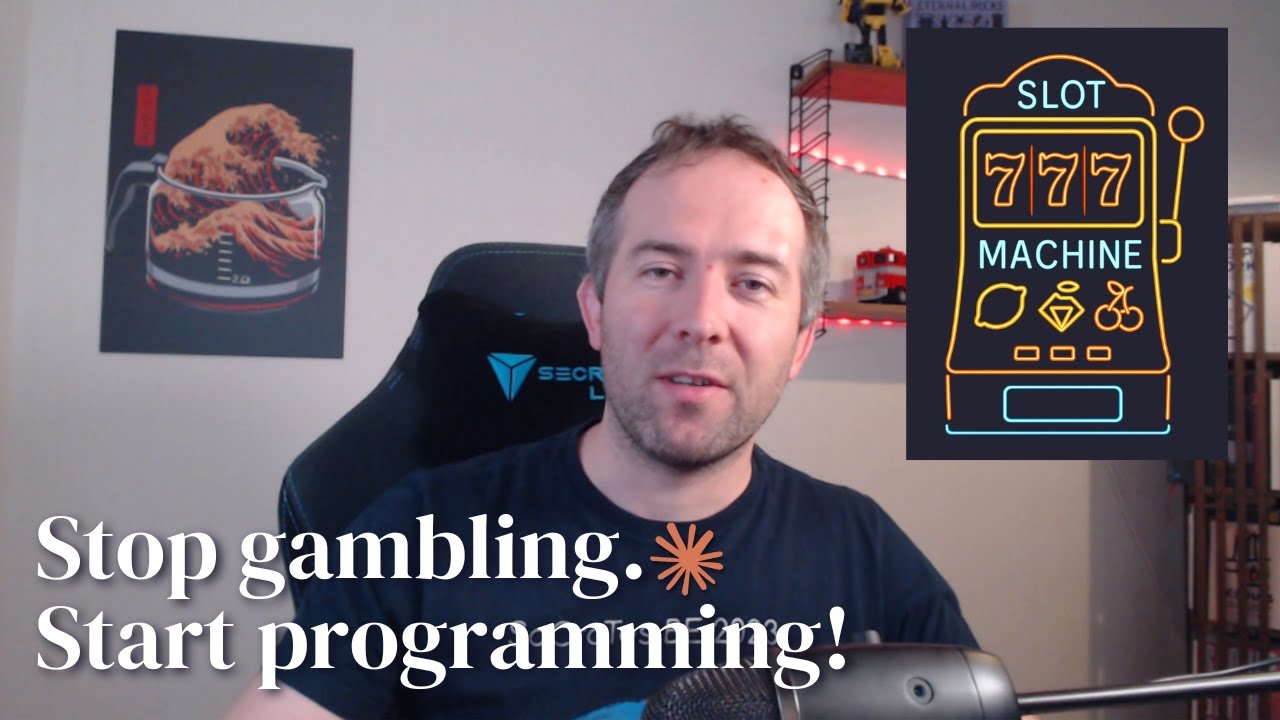The video advises developers to stop treating AI coding tools like a slot machine and instead engage with them thoughtfully by crafting clear prompts, setting guardrails, and managing intent to improve outcomes. It encourages viewing AI as an augmentation tool and a new programming paradigm, where mastering prompt engineering and understanding AI mechanics can significantly enhance productivity and skill.
The video begins by addressing a common frustration among developers using AI-assisted coding tools late at night, where the AI sometimes fails to deliver working code despite previous successes. This experience can lead to self-doubt and questions about whether one should improve prompt engineering skills or even consider leaving software development altogether. The speaker emphasizes that this frustration is normal when starting with AI coding assistants and introduces metaphors to help developers better understand and work with these tools.
The first metaphor compares interacting with AI to playing a slot machine, highlighting the addictive dopamine rush when the AI produces perfect code on the first try. However, unlike gambling, developers have the power to influence outcomes by crafting better prompts and providing clearer context, thereby improving the AI’s accuracy. The speaker urges viewers to stop treating AI like a slot machine and instead communicate with it more thoughtfully to increase their success rate.
Next, the speaker introduces the metaphor of AI as a “code genie,” which grants wishes but often in unexpected or imperfect ways. For example, the AI might delete tests or add overly broad error handling that technically fulfills a request but not the developer’s true intent. This highlights the importance of clear communication, setting guardrails like automated tests, and carefully validating AI-generated code to avoid pitfalls. The speaker stresses that working effectively with AI requires not just prompt hacks but also managing intent and oversight.
The video then discusses the critical choice developers face: whether to let AI replace their skills or to use it as an augmentation tool, likened to an Iron Man suit. Choosing augmentation means leveraging AI to multiply productivity while maintaining and enhancing one’s own skills. The speaker also compares AI to an eager puppy that needs clear instructions, positive reinforcement, and corrections, emphasizing that the best AI-assisted coders are those who can delegate effectively and maintain control over the process.
Finally, the speaker reframes AI coding tools as a new programming paradigm rather than just fancy autocomplete. Prompts should be treated as high-level programs written in the “English programming language,” which can be versioned, refactored, and improved like traditional code. Understanding the underlying mechanics of large language models, such as context windows and limitations, is crucial for maximizing their potential. By mastering this new paradigm, developers can move beyond random slot machine pulls to become powerful programmers of a revolutionary technology, unlocking capabilities like custom linters or data extraction tools integrated directly into their workflows.
